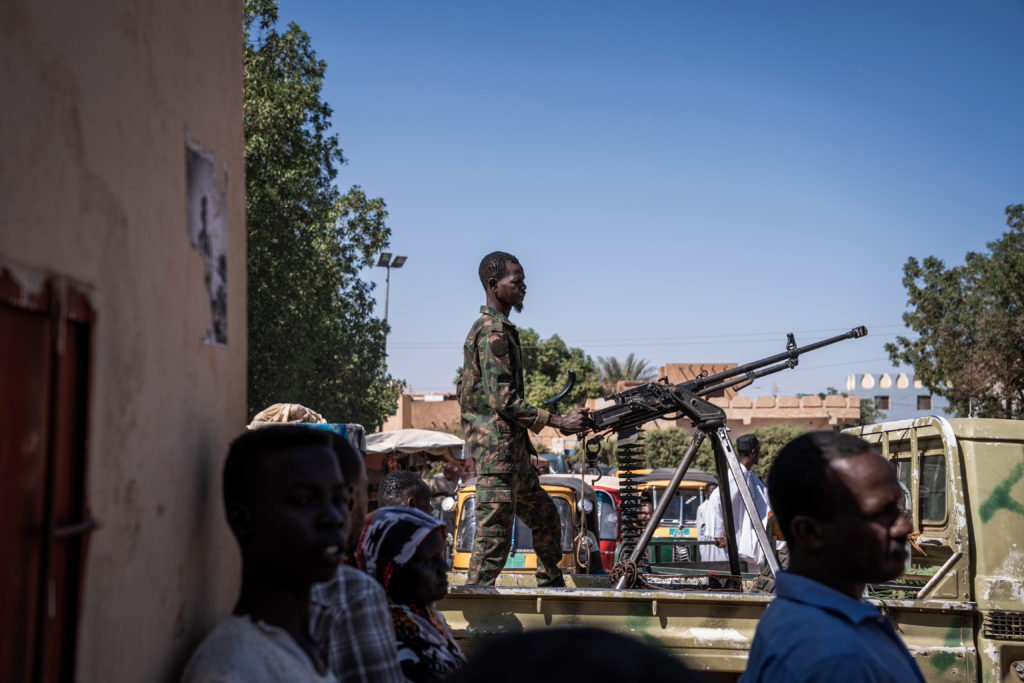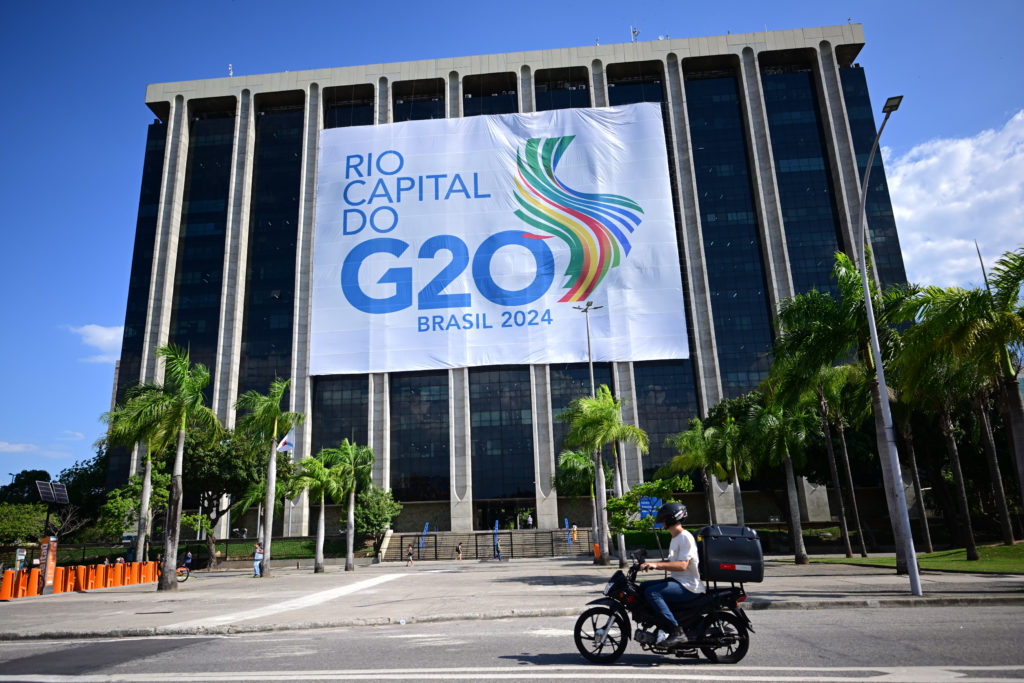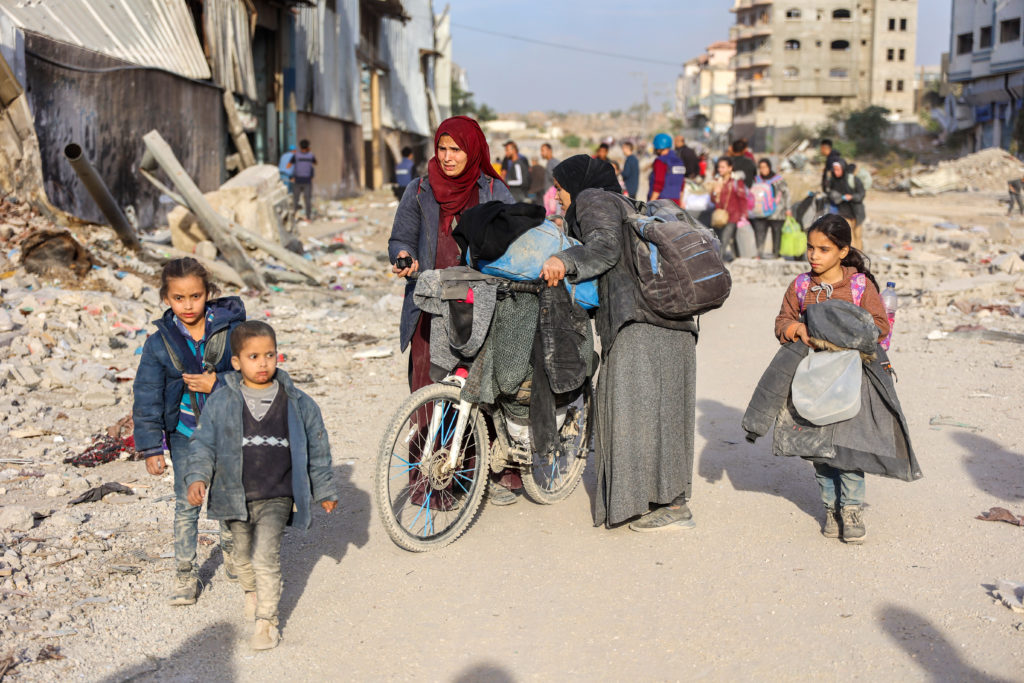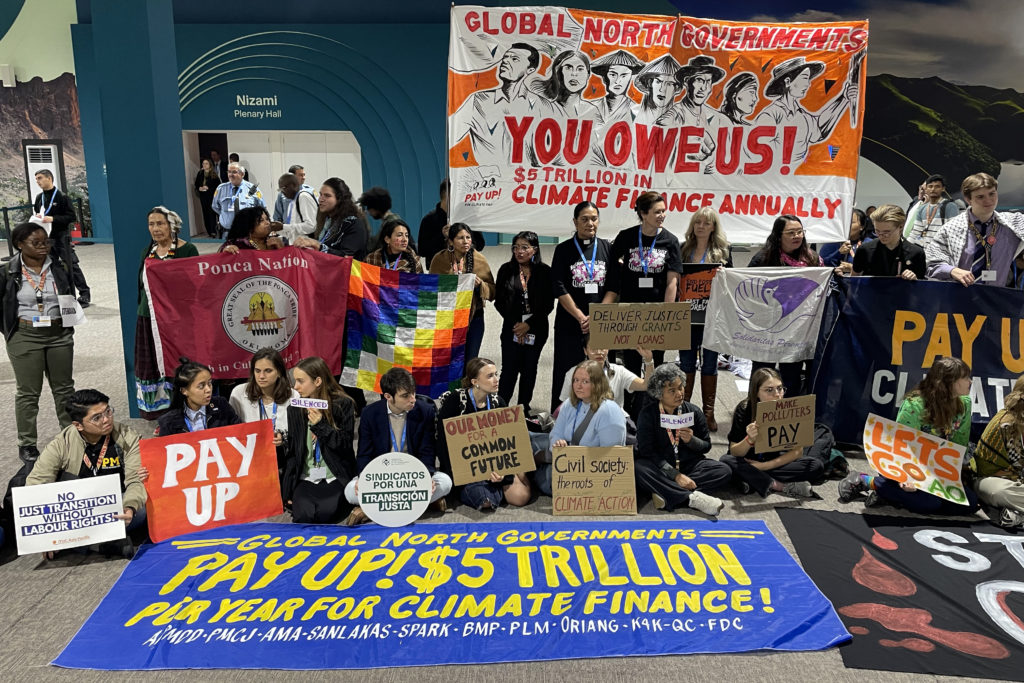France started vaccinating children over five and China plunged a city into a strict lockdown Wednesday as governments scrambled to contain fresh virus surges driven by the Omicron variant.
The UK approved Pfizer’s jab for children aged five and up, while the World Health Organization warned that getting booster shots did not mean tossing aside safety measures at end-of-year celebrations.
The threat of the highly mutated Omicron variant is looming large over the end-of-year holidays, pushing many governments to roll out new restrictions and urge citizens to get vaccinated.
The latest data suggest Omicron does not cause more severe illness than previous variants, including Delta, but as soaring infection numbers threaten to overwhelm health systems, scientists warn it could still cause more deaths.
France on Wednesday opened vaccinations to children aged between five and 11, as it warned daily infections rates could hit 100,000 by the end of the year, up from a weekly average of 54,000 daily cases.
“There is one certainty,” said Health Minister Olivier Veran. “Omicron is very contagious, it will spread, and no country will be spared.” But vaccines did have an effect on the variant, he stressed.
– Record surge in UK cases –
The UK is also seeing an alarming rise in new cases, on Wednesday recording another record for daily new cases, with 106,122.
The government approved Pfizer’s Covid jab for children aged five to 11, announced it would buy millions of Covid pills, and cut the isolation period for infected people from 10 to seven days with negative tests.
It also signed deals to acquire 4.25 million courses of Pfizer’s ritonavir and US rival Merck/MSD’s molnupiravir antiviral drugs, which have raised hope for an easy at-home treatment.
Finland revealed plans to expand its vaccination programme to children aged between five and 12, a day after announcing bars must close at 9:00 pm on Christmas Eve to fight record Covid infection levels.
But in China, only 52 new reported infections were enough for authorities to impose a stringent lockdown on more than 13 million people in the northern city of Xi’an.
From midnight on Thursday, residents must stay at home except to buy necessities once every two days or in emergencies. Travel to and from Xi’an is heavily monitored by health authorities and non-essential businesses will close.
The move comes as China pursues its rigorous zero-Covid policy before next year’s Winter Olympics in Beijing and is reminiscent of the world’s first pandemic lockdown in the central city of Wuhan in January 2020.
– Europe tightens restrictions –
Belgium has announced cinemas, concert halls and other entertainment venues will have to close from the weekend as three in 10 Covid cases are now Omicron.
Spain’s government said Wednesday it will re-impose the mandatory wearing of face masks outdoors at an unspecified future date.
While in France an expert warned that the variant and any new rules could throw into doubt the staging of political rallies ahead of next year’s presidential elections.
The all-too-familiar restrictions threatened festivities across the world, even as governments speedily rolled out booster campaigns.
But WHO chief Tedros Adhanom Ghebreyesus warned Wednesday: “No country can boost its way out of the pandemic.”
Third doses did not mean a carte blanche for celebrations — and could actually exacerbate vaccine inequity, he added.
“Blanket booster programmes are likely to prolong the Covid-19 pandemic, rather than ending it, by diverting supply to countries that already have high levels of vaccination coverage, giving the virus more opportunity to spread and mutate.”
– Nigeria destroys vaccine doses –
As some poorer countries struggle to get initial vaccine campaigns off the ground, Israel said citizens over the age of 60 and medical teams would be eligible for a fourth Covid vaccine shot.
“The world will follow in our footsteps,” Prime Minister Naftali Bennett tweeted.
Across Africa, countries are lagging behind Western nations in getting populations inoculated as the continent faces fresh surges of it own.
But in Nigeria, around a million AstraZeneca Covid doses donated by developed countries were destroyed Wednesday after they expired.
“When these vaccines were offered to us, we knew that they had a short shelf-life,” said Faisal Shuaib of the National Primary Health Care Development Agency.
“But we were living in an environment where the supply of Covid-19 vaccines was very scarce,” he added, blaming rich countries for hoarding the jabs and donating them only when they had almost expired.
burs-jv-gw/jj










